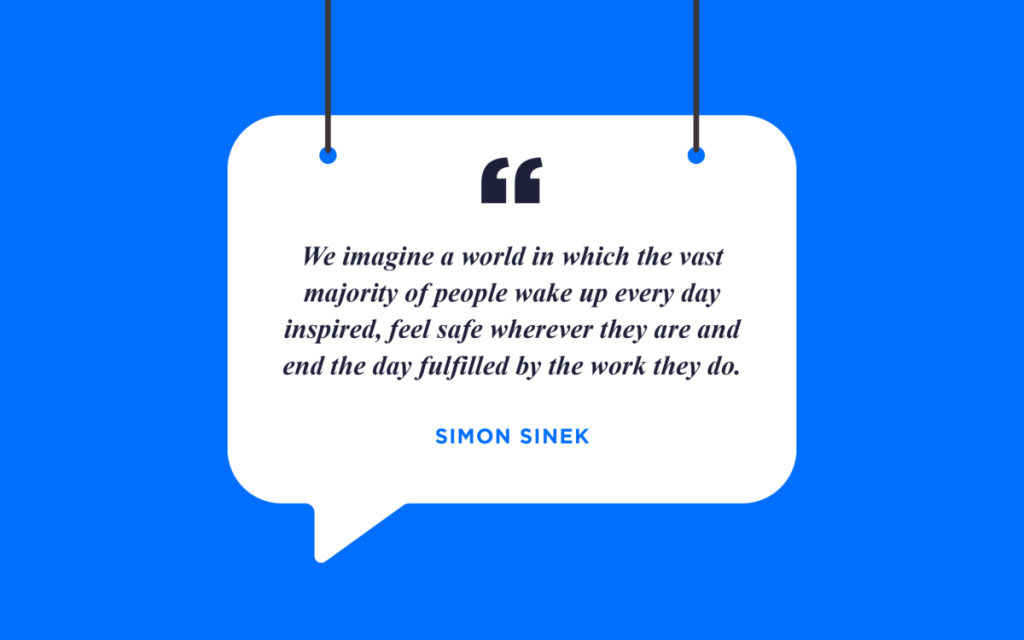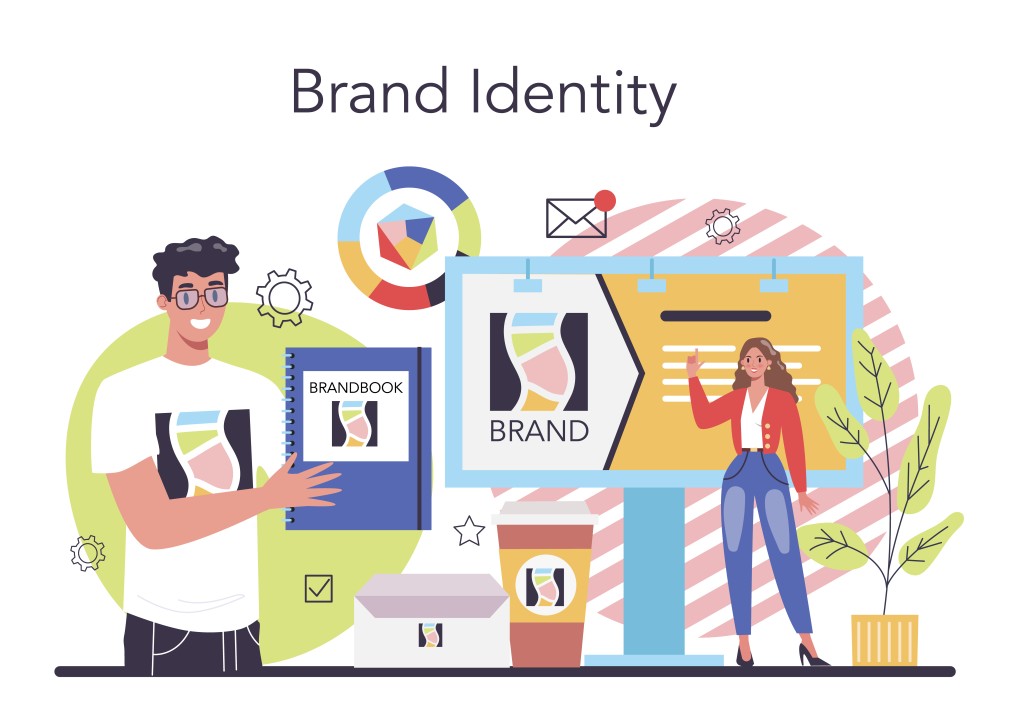=Your brand isn’t just your logo—it’s the promise you make to your customers. At the heart of that promise lies your branding statement: a concise, strategic message that defines who you are, what you offer, and why it matters.
In this guide, Viartisan explains the importance of a branding statement in 2025, how it supports your overall brand strategy, and a step-by-step process to craft one that inspires trust, clarity, and differentiation. We’ll also explore real-world examples, placement strategies, mistakes to avoid, and how to test and refine your brand statement over time.
What Is a Branding Statement?
A branding statement (also called a brand statement or brand positioning statement) is a short and powerful sentence or paragraph that defines your brand’s core identity and value proposition.
It’s not a slogan or a tagline—it’s the internal strategic compass that informs everything from your marketing copy to your product roadmap.
It answers four essential questions:
- Who are you?
- What do you do?
- Who do you do it for?
- What makes you different?
It’s your brand’s elevator pitch—expressed in 1–3 sentences. And when done well, it becomes the anchor for all your communications and customer touchpoints.
Think of your branding statement as your brand’s internal headline—it helps customers and employees alike understand why your business exists and why it matters.
Why a Branding Statement Matters in 2025
In today’s fast-paced digital world, clarity is power. A branding statement helps you:
1. Align Internal Teams
Whether in sales, marketing, product, or customer service—everyone should speak the same brand language. A clear branding statement reduces internal confusion and improves collaboration.
2. Guide Messaging Across Channels
From your website to TikTok captions, consistency in message builds trust and recognition. It ensures your blog, ads, support messages, and social media aren’t just creative—but strategic.
3. Strengthen Positioning in a Crowded Market
Buyers are overwhelmed. A strong branding statement cuts through the noise, letting your audience know exactly who you are and what makes you valuable.
4. Build Emotional Connection
A well-crafted statement doesn’t just inform—it resonates. It connects your value to your audience’s aspirations, pains, and dreams.
5. Increase Conversion and Brand Recall
When people understand your brand instantly, they’re more likely to take action, trust your message, and remember you in the future.
According to Lucidpress, consistent messaging across platforms can increase revenue by 23%.

Branding Statement vs. Tagline vs. Mission Statement
| Element | Purpose | Audience | Format |
| Branding Statement | Internal alignment and strategic clarity | Internal (also adapted externally) | 1–3 sentences |
| Tagline | Memorable public-facing phrase | Customers | Short, catchy phrase |
| Mission Statement | Communicates company purpose | Internal & stakeholders | 2–4 sentence paragraph |
Example:
- Branding Statement: We help early-stage SaaS founders design beautiful, conversion-ready products in under 8 weeks.
- Tagline: Design Fast. Convert Faster.
- Mission: Our mission is to empower digital creators with bold design and seamless user experiences.
Key Elements of a Strong Branding Statement
- Target Audience: Who are you helping?
- Value Proposition: What transformation or benefit do you offer?
- Differentiation: How is your offer better, faster, or more relevant?
- Tone: Does it reflect your brand personality?
- Clarity: Is it instantly understandable?
Tip: Avoid jargon. Focus on clarity + outcome. A good test? Read it aloud to someone unfamiliar with your brand.
How to Write a Branding Statement (Step-by-Step)
Step 1: Define Your Audience
Use persona data, interviews, and real feedback.
- Who are they?
- What problem are they trying to solve?
- What matters most to them?
Step 2: Define What You Offer
Be specific. Think in terms of transformation.
- Do you offer speed, simplicity, confidence, status?
- What category are you in (design, legal, eCommerce)?
Step 3: Articulate Your Differentiator
Highlight your unique approach, system, personality, or belief.
- Do you offer concierge onboarding?
- Are you radically transparent?
- Do you combine AI + human touch?
Step 4: Draft with a Framework
Use this formula:
We help [target audience] [achieve result] through [your approach or solution].
More advanced alternatives:
For [audience] who [problem], [brand] is the [category] that [solution], because [differentiator].
Examples:
- We help busy professionals eat healthier through personalized, AI-powered meal planning.
- For HR teams overwhelmed by tools, FlexHire is the hiring platform that simplifies processes and saves time—with human-first design.
Step 5: Refine for Tone and Flow
Polish the language so it:
- Aligns with your brand personality
- Sounds human and authentic
- Fits in a sales deck, homepage, or social bio
Want a test? Use the Hemingway Editor or ChatGPT to simplify and sharpen tone.
Step 6: Test and Iterate
Great branding statements evolve.
- Test different versions in A/B campaigns
- Ask customers for feedback
- Use social media bios to try variations

Examples of Effective Branding Statements
1. Slack
Slack is where work happens. We make team communication faster, simpler, and more organized.
2. Shopify
Shopify helps entrepreneurs everywhere build and grow businesses online. From first sale to full scale.
3. Viartisan
We help bold digital businesses grow through strategic branding, UI/UX design, and animation—with speed, creativity, and clarity.
4. Hubspot
Hubspot provides a powerful CRM platform to help companies attract, engage, and delight customers.
5. Everlane (Fashion)
Everlane is a clothing company that believes in radical transparency, ethical production, and timeless design.
6. Notion (Productivity)
Notion is an all-in-one workspace that blends notes, docs, databases, and collaboration for teams of any size.
Where to Use a Branding Statement
- Internal brand strategy docs
- Website homepage and About section
- Social bios (LinkedIn, Instagram, Twitter)
- Sales decks and investor pitches
- Team onboarding docs
- Job descriptions
- Public relations and media kits
- Landing pages
Tip: Embed your brand statement visually using typography and spacing that emphasize clarity and hierarchy.
Common Mistakes to Avoid
- Being too vague: “We empower business growth” – too generic
- Using jargon: “End-to-end scalable synergy optimization” – sounds robotic
- Focusing on features, not outcomes
- Trying to say too much
- Being inconsistent across platforms
- Not reviewing over time: Your business evolves—your brand statement should too.

Branding Statement Templates (Ready-to-Use)
- We help [audience] [achieve goal] through [unique solution].
- For [target market], [brand] is the [category] that [differentiating promise].
- We believe [customer belief], so we [what you do] for [who you help].
- [Brand] empowers [audience] with [solution] that [impact].
Mix and match these to build multiple variations and workshop with your team.
Final Thoughts
Your branding statement is the DNA of your brand’s communication. It sharpens your message, inspires your team, and gives your audience a reason to believe.
In a noisy, fast-moving world, brands that speak clearly win. Brands that connect emotionally last. And branding statements that do both are the secret weapon of modern businesses.
At Viartisan, we help brands distill complex ideas into simple, strategic messages. Because words matter—and your brand deserves to be remembered.






